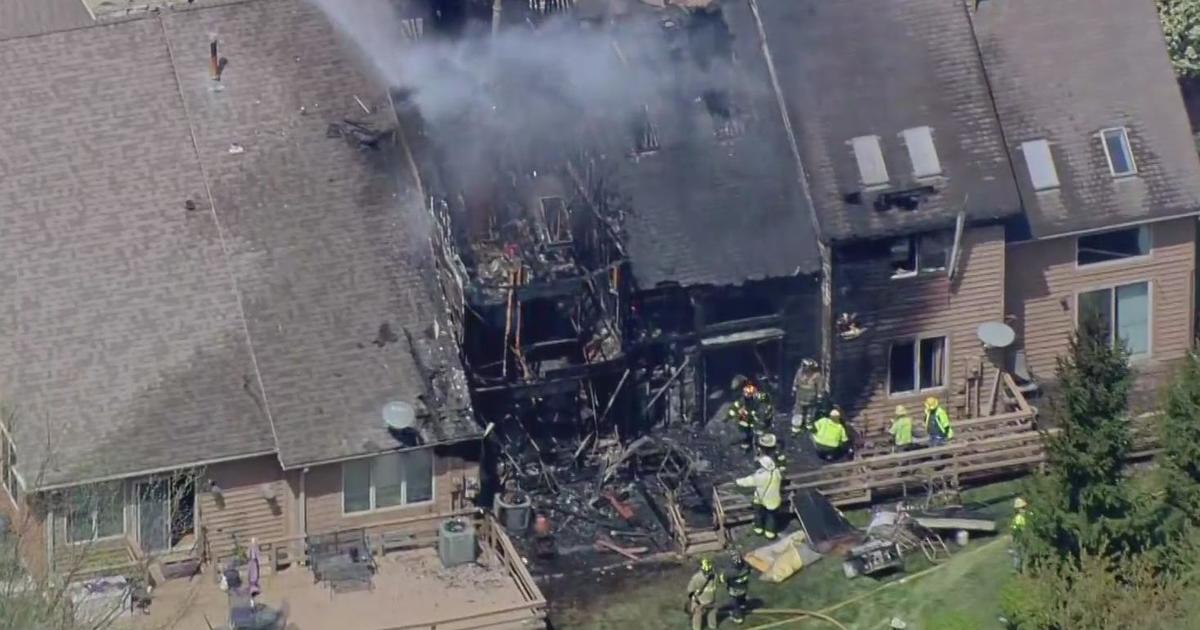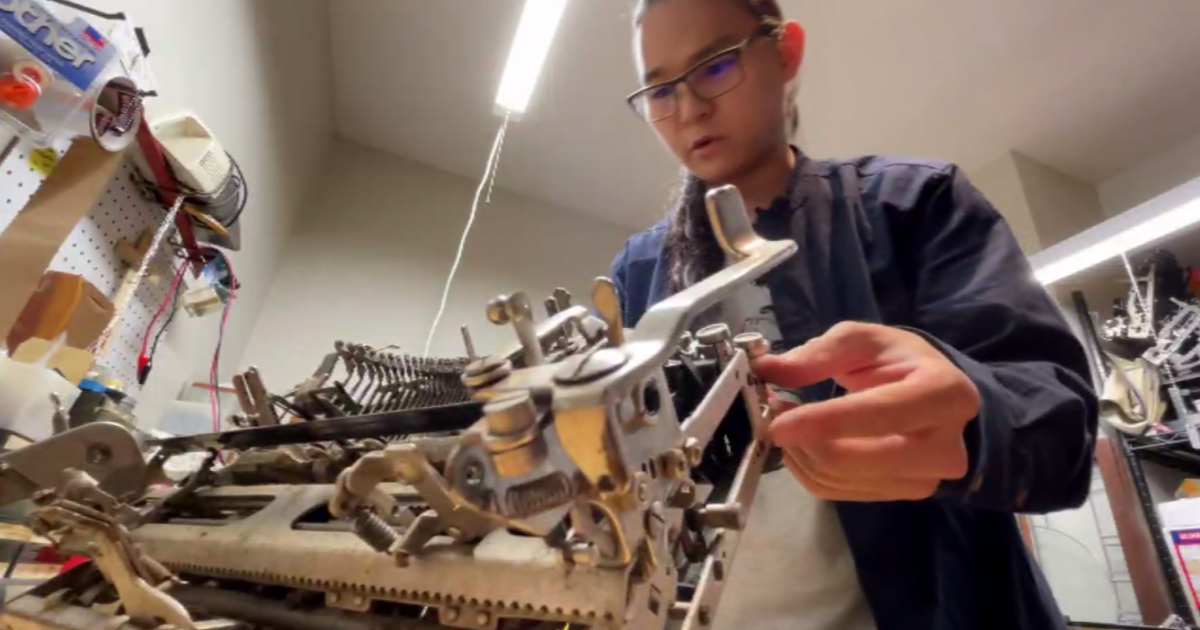Mother Dies While Delivering Baby -- And Lives To Tell About It
(CBS) -- It should have been one of the happiest times of her life.
Stephanie Arnold was expecting her second child. Instead of joy, Arnold was convinced she was going to die, and she was right.
CBS 2's Dana Kozlov has this original report.
Stephanie Arnold treasures these quiet moments with her baby, Jacob. She said, "He is perfect."
But they are moments - almost lost to her forever. Last May, within seconds of Jacob's birth, Arnold coded on the operating table.
"My heart stopped, all electrical signals went to zero," said Arnold.
Her doctors say she essentially died. Arnold went 37 seconds without any vital signs.
Her OB-GYN, Dr. Julie Levitt, and the anesthesiologist diagnosed an amniotic fluid embolism or AFE, an unpredictable, rare condition where amniotic fluid or fetal material enters the mother's bloodstream and triggers a life-threatening reaction.
Dr. Levitt said she'd never seen it before. She said "I'd only read about it." Obstetric
Anesthesiologist, Dr. Nicole Higgins said, "About 40 percent of women don't even survive the initial insult."
Arnold beat the odds, not only by surviving but doing so without any permanent damage, despite spending six days in a coma and weeks in the hospital. Even more amazing? Her pre-delivery concern she was in trouble.
"It was so raw. It was the feeling that I had was I was going to die. There was no question," said Arnold.
"It really wasn't based on anything but her emotions. She just had a sinking feeling that something was going to go wrong," said Dr. Higgins.
Arnold even met with an anesthesiologist prior to her scheduled C-section. She said, "and because of that conversation, she changed up the anesthesia order to include more blood and more monitors."
Arnold also added "And that is 100 percent what saved my life. No question."
Those conversations, and Arnold's brush with death, have been learning experiences for everyone.
"Don't be afraid to express what your fears are to your physician. And, if you're met with a dismissive comment, bring it up again," advised Dr. Levitt.
Arnold thinks about how this experience changed her.
"I take deeper breaths. I savor every single moment with my family," said Arnold.
Doctors say other patients who've had an AFE have also described feelings of doom prior to delivery.
There is no way to predict the eventual condition, but risk factors may include advanced maternal age and placenta problems during pregnancy.
For more information on AFE, visit afesupport.org.



